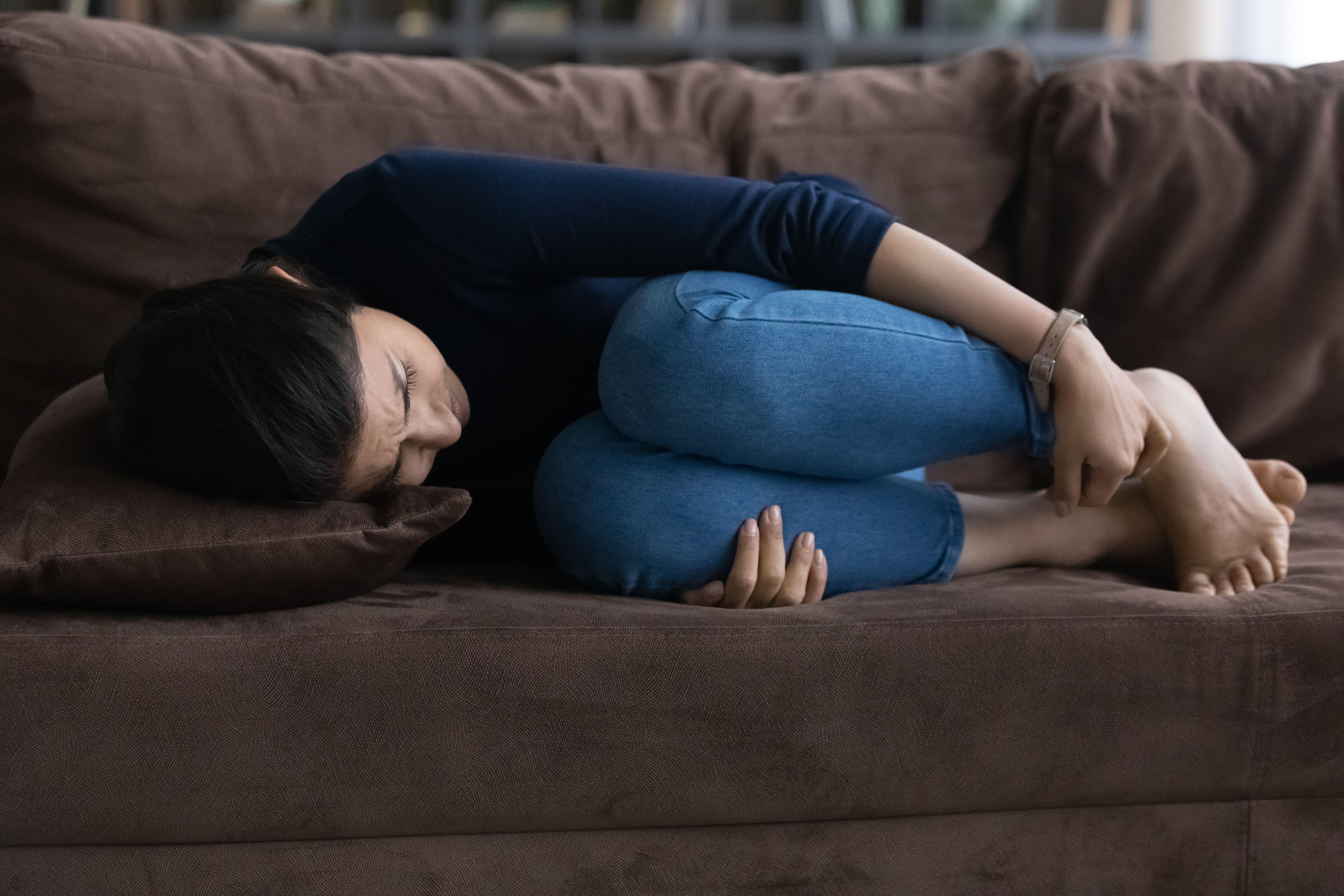
Heavy periods or pain in the pelvis is part of life for many.
But these symptoms could point to something else going on within the body - endometriosis.
March is Endometriosis Awareness Month - so there is no better time to tune into your body and question whether there is actually something going on.
Understanding how the condition impacts your body and learning about potential treatments will boost quality of life.
We’ve spoken to leading gynaecologists who have explained when it’s time to request a doctor’s appointment, starting with an overview of endometriosis and its key symptoms.
What is endometriosis?
“Endometriosis is an oestrogen driven, chronic inflammatory condition where tissue similar to the lining inside the uterus (endometrium) grows outside the uterus, leading to various symptoms, including painful periods,” says Mr Hemant Vakharia, consultant gynaecologist, specialising in endometriosis and advanced minimal access surgery at London Gynaecology.
What are the common symptoms, and how do they differ from typical menstrual cramps?

Common symptoms of endometriosis include painful periods, known as dysmenorrhoea, which differ from typical menstrual cramps.
“Endometriotic cells are stimulated by hormones in your natural cycle which causes inflammation and pain,” explains Vakharia.
Another typical sign is dyspareunia, the medical term for painful intercourse.
“The inflammation can lead to structures in the pelvis sticking together and also lead to thickening of tissues developing,” says Vakharia. “As a result of the inflammation and thickening, patients with endometriosis can have pain with intercourse.”
It can also impact your bowels.
“In patients who have endometriotic deposits on the bowel, or in those where the inflammation has caused their bowel to stick to other structures, it can be painful to open their bowels,” notes the endometriosis specialist. “This can occur with their periods or all the time.”
Other issues include chest pain when on your period, difficulty conceiving and ovarian cysts, adds Vakharia.
How is endometriosis diagnosed?
“If you suspect you have endometriosis it is a good idea to speak to your GP in the first instance who will take a history from you and examine you,” advises Vakharia. “Often, they will request an ultrasound of the pelvis and discuss the results with you.”
However, endometriosis does not always show up on standard imaging, such as ultrasounds or MRIs.
“This is especially true in superficial endometriosis where the signs can be very subtle or when the disease affects areas not easily visualised,” highlights Vakharia. “If you have been told your scan is normal but have persistent symptoms, such as chronic pelvic pain, heavy periods, or pain during sex, it’s essential to advocate for yourself and seek a specialist for further evaluation.”
How can women differentiate between mild, moderate, and severe menstrual pain, and when should they seek medical help?

“It can be difficult to differentiate between ‘normal’ periods and ‘heavy or painful’ periods as there is often no objective way of comparing,” says Mr Narendra Pisal, consultant gynaecologist at London Gynaecology. “A lot of women just put up with that ‘time of the month’ and are told to get on with it.
“However, if you have to put your life on hold for those few days or if your sex life is affected by pain during sex, it is time to take note and ask for some tests.”
Pisal acknowledges that it can be challenging for a GP to identify the root cause during a 10-minute appointment, so suggests keeping a diary to track when your symptoms occur and how intense the pain is.
“Have a diary of your menstrual cycle with particular emphasis on heaviness, pain and any other symptoms with a system for indicating severity,” suggests Pisal. “Also note down if you have to take painkillers and how many. If the symptoms are affecting your life and you have to take time off work, that is also a significant factor. ”
But, it’s also important to remember that not all patients who have painful, heavy periods and pain with intercourse will have endometriosis.
“Other conditions such as fibroids and adenomyosis can also cause this and in some patients, no cause is identified,” says Vakharia.
What treatment options are available for endometriosis?
“Patients can be treated with the combined pill, progesterone-only pill, progesterone intrauterine device or surgery,” says Vakharia. “Sometimes, we also use medications that induce a temporary menopause by blocking hormonal signals to the ovary which reduces stimulation of the endometriotic tissue. This option is often used before surgery for severe disease.
“A laparoscopy will allow diagnosis and excision of disease which can improve symptoms. In patients with severe disease, they may need a two-stage procedure.”







